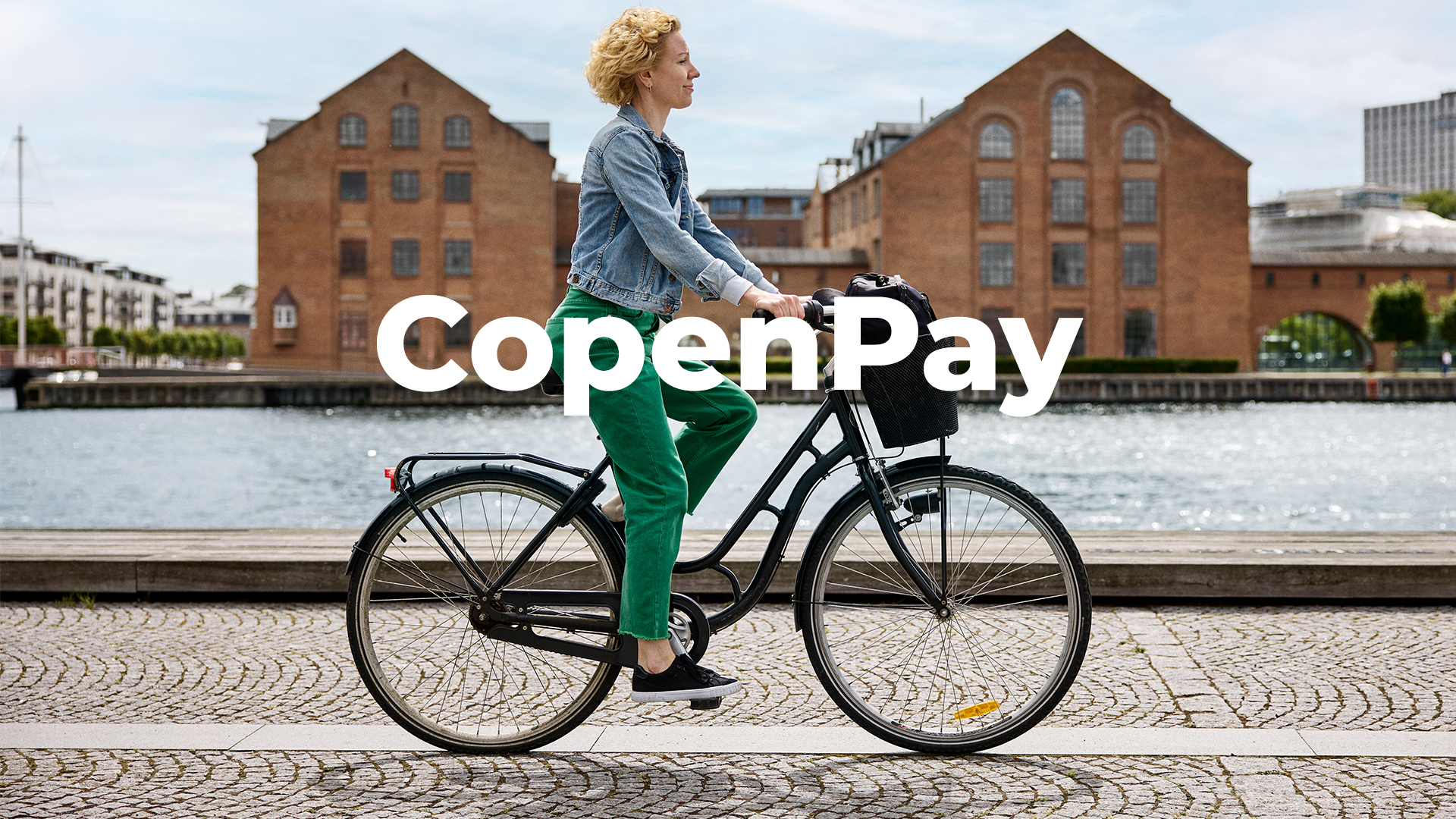Copenhagen: towards Sustainable Tourism with the CopenPay Initiative

Copenhagen has launched the CopenPay initiative to encourage tourists to adopt eco-friendly behaviors in exchange for rewards such as free meals or activities. The pilot project, which ran from July 15 to August 21, aimed to turn the negative impacts of mass tourism into opportunities for the environment.
FACTS
- This year, the city of Copenhagen launched its innovative CopenPay initiative to encourage tourists to adopt environmentally-friendly behaviors.
- The pilot project, which ran from July 15 to August 21, 2024, was designed to enable visitors to earn rewards, such as free meals or activities, in exchange for eco-responsible actions and gestures.
- These actions included, for example, collecting waste, using public transport, renting a bike, or volunteering in urban gardens.
- The overall aim of the CopenPay initiative is to combat the negative effects of mass tourism on the environment.
CHALLENGES
- Combating the negative effects of tourism: With over 12 million overnight stays recorded last year, Copenhagen is seeking to turn this influx of visitors into a positive force for the city and its economy, as well as for the environment in general.
- A collaborative project: This project is based on the trust of participants, and aims to make tourists aware of the impact of their actions on the environment, while encouraging them to adopt a more sustainable lifestyle, even on vacation.
- Minimizing the ecological footprint through sustainable tourism: This initiative is part of a growing trend in sustainable tourism, where cities and destinations are seeking to minimize the ecological footprint of visitors. Copenhagen is thus positioning itself as a leader in the green transition of the tourism sector, a booming market that is attracting more and more environmentally conscious travellers.
MARKET PERSPECTIVE
- If CopenPay proves effective, it could inspire other cities to adopt similar programs, reinforcing environmental responsibility on a wider scale through tourism.
- This is a major expectation, given that overtourism poses a number of environmental problems. In addition to CopenPay, other initiatives had already been launched to combat this scourge.
- Indeed, Atout France has launched the www.francetourismedurable.gouv.fr digital platform to support tourism professionals in their transition to a more sustainable model. This free, collaborative platform offers over 300 operational contents, including practical tools, case studies and testimonials.
- It also features an interactive map to identify sustainable tourism issues, a self-diagnosis tool to assess progress, and geolocated resources. The project has been developed in partnership with various stakeholders, including associations and government institutions.
